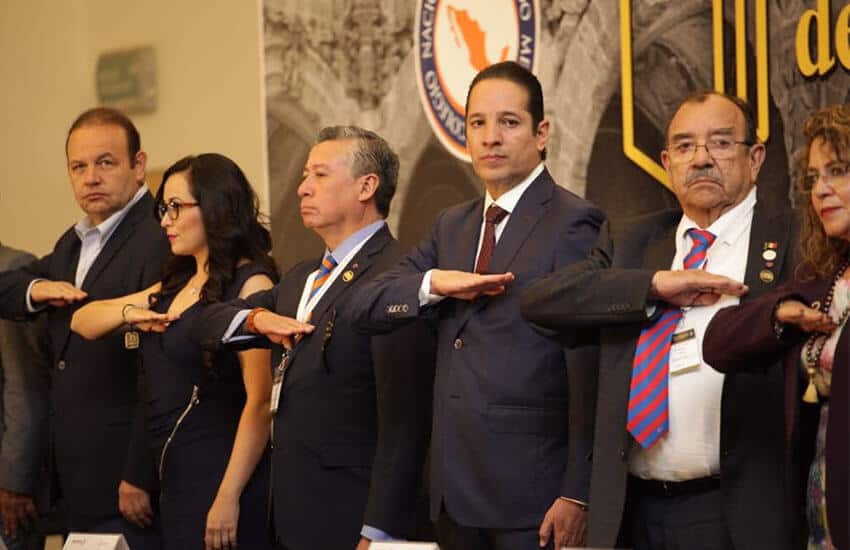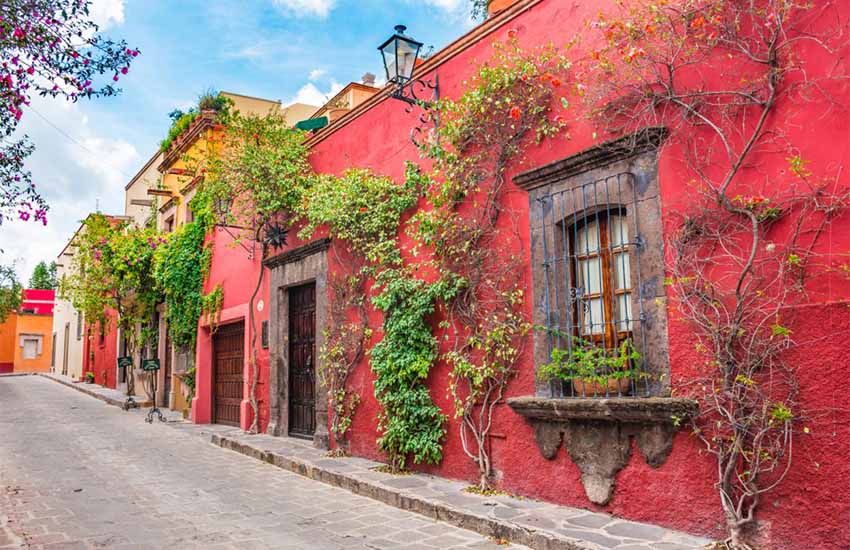Potential Mexico homebuyers Sherri and Neil write from New York State:
We have been looking to buy a home in Mexico and have been looking at the Puerto Vallarta area and Los Cabos. As we are big on due diligence, we have found so many varying factors in purchasing here in Mexico, from the notary process (very different than at home) to bank trusts and even just the ability to see a clean title.
How do we best navigate these very confusing waters? What is the difference between a notary in Mexico and the United States? How can we help ourselves gain a level of confidence to move forward on a purchase? Gracias!
Ángel Marin Díaz: first, congratulations on wanting to be educated buyers! Often, I see members of the guest community who have fallen in love with a property and a lifestyle — and apparently left their common sense at the border.
The largest obstacle to buying in Mexico is getting over the hump of not knowing what you don’t know. As your question is actually three questions in one, let me break the answers down for you.

First, you are looking to buy in a beach area as foreigners (I like to use the term “guests”), and beach areas are a restricted zone in Mexico, i.e., a zone within 100 kilometers of the international border and 50 km of the coast. When buying a home in Mexico’s interior — that is, not in the country’s restricted coastal zone — you can put the title (escritura) in your name.
With a beach property, however, you are not allowed, so you will need to hold ownership through a bank trust known as a fideicomiso.
Ownership through this sort of trust is like owning property through an LLC: imagine that you own a company and the company owns a vehicle or property. You are technically the owner of the vehicle or property through the ownership of the underlying corporation.
The fideicomiso gives you all the rights of ownership, such as the right to sell, rent, donate or bequeath.
Second, you ask about the difference between an American notary and a Mexican notario (notary). Mexico is a civil law jurisdiction based on Roman civil law, under which a notario plays a much larger role than a notary in the United States — and has greater responsibility. For example:
Requirements to practice. A Mexican notario must hold a law degree with a specialty in notarial law, have at least three years of experience at a notario’s office and pass a stringent final exam. Those who qualify and pass typically are appointed as a notario by the office of the state governor.

In the United States, on the other hand, a notary does not need a law degree, and becoming a notary is a much simpler process involving filing the necessary documents, paying the applicable fees and not having a criminal record.
Liability. As explained above, in the United States it is not mandatory to be a lawyer to be a notary. A U.S. notary is forbidden from providing any type of legal advice or drafting legal documents.
In Mexico, a notario can provide legal advice, issue judicial opinions, oversee the drafting of legal documents and certify their legal validity, intervene in judicial proceedings and act as an arbitrator or mediator. Thus, in Mexico, a notario can be held liable in both civil and criminal matters.
As you can see, there are great and numerous differences between the roles and the scope of legal powers of Mexican notarios and U.S. notaries.
As to your question about gaining the competency you are looking for, consider hiring, in addition to your notario, the services of a firm dedicated to researching the title of your property thoroughly.
A burgeoning type of business in Mexico, these firms, sometimes called “title companies,” do investigations into your property that a notario is supposed to do but sometimes doesn’t. The 2008 financial crisis unveiled in Mexico the inadequacies of many notarios in terms of doing their due diligence for a property purchase/sale.
Certainly, a notario can (and should) research the property’s title for you thoroughly, but for your peace of mind, a title company with experience in the buying and selling of property to guests in Mexico — and with experience in both the beach areas (restricted zones) as well as the interior — is a good idea.
A title company usually charges a small fee to provide all this due diligence for you, i.e., certify that there is no lien on the property; provide a verification of the title’s authenticity; and do a search for any back taxes or past-due HOA fees owed, probate status, etc. A good full-service title company will also have access to a legal staff to help you navigate your “buy/sell” agreements, deposits, penalty clauses, timeframes, escrow contracts, etc. Other services available might include acting as your power of attorney (facilitated through a notario) and processing your Ministry of Foreign Affairs (SRE) permits.
Finally, a very good title service firm will also have experts on staff to help you plan and reduce future capital gains taxes and provide the immigration services needed to achieve residency in Mexico.
It should be said that under federal law, buyers have the exclusive right to choose their legal representation — their “closing team” — and the notario you work with will ensure that the deed title is recorded at the Public Registry.
Don’t let yourself be bullied into using the seller’s closing team. Having your own legal representation is a key piece of ensuring a proper sale occurs.
Ángel Marin Díaz is the CEO of Inmtec Legal Services; Inmtec Title Services; Inmtec Insurance, Estate Planning, Asset Protection; and AfterLife Medical Advisory by Inmtec. For more information, email info@inmtec.net or phone +52 415-121-9005 or +52 415-121-8943.
- This article originally appeared in Atención San Miguel. It is reprinted with permission and with minor adaptations.
